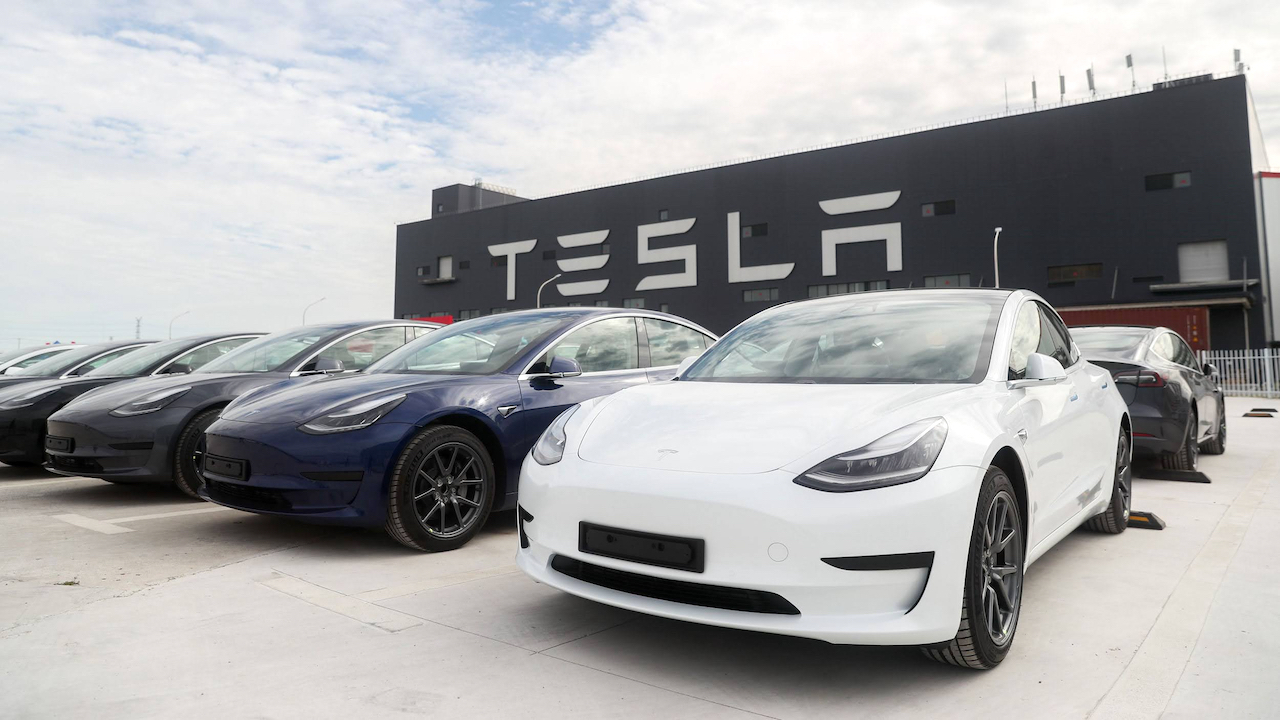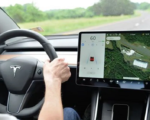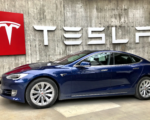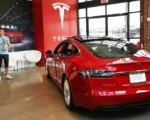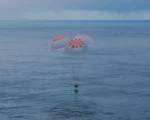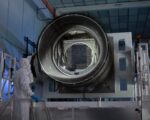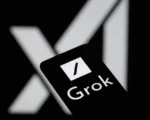For Tesla owners, this is crucial information not to miss. Over 2 million Tesla vehicles are now under recall due to a safety concern tied to its Autopilot system, particularly focusing on a feature known as Autosteer, an integral component of its driver-assistance system.
Tesla announced its voluntary recall Wednesday, providing details on which models are affected, what the problem is and how it will be fixed.
Over many years, cars have been gaining features that automate certain driver tasks, from cruise control to lane correction and automatic emergency braking. Futurists, including Tesla chief Elon Musk, have long envisioned cars that are fully self-driving. But despite notable proofs of concept — in early pilot projects and more-recent limited-use cases — the challenge is a complex one with many hard issues still to be resolved. Tesla’s Autopilot feature falls short of being fully autonomous.
Here’s what you need to know about Tesla’s recall.
Which models are affected?
Almost all of them. A statement from the National Highway Traffic Safety Administration says that the recall affects Autopilot-equipped 2012-2023 Model S, 2016-2023 Model X, 2017-2023 Model 3, and 2020-2023 Model Y vehicles. That’s nearly all the cars Tesla has sold in the US, according to The Washington Post.
What could happen?
It’s complicated. The NHTSA statement says that “in certain circumstances when Autosteer is engaged, the prominence and scope of the feature’s controls may not be sufficient to prevent driver misuse of the SAE Level 2 advanced driver-assistance feature.”
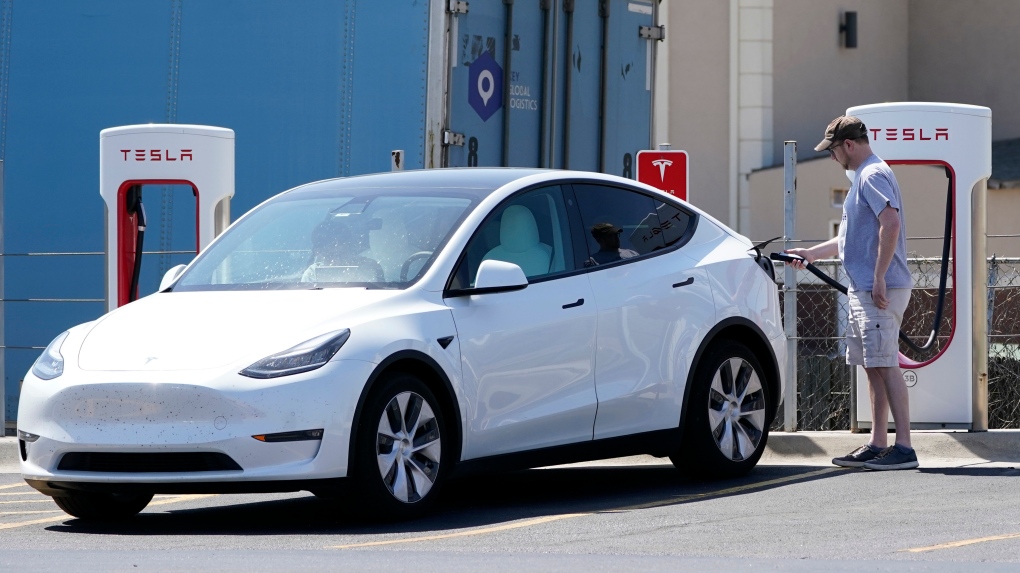
Basically, the recall is aimed at fixing the system that’s supposed to ensure drivers are paying attention when they use Autopilot. Science fiction movies aside, Tesla’s auto-driving feature doesn’t just take over and let the person in the driver’s seat take a nap. The driver is supposed to be prepared to intervene if an issue comes up that the feature can’t handle, as well as to be aware if use of the Autosteer feature is somehow canceled.
Some people lean too heavily on the feature, and accidents do occur. The Department of Justice launched a criminal investigation over a year ago after more than a dozen crashes happened while Tesla’s Autopilot software was engaged.
The NHTSA reviewed 956 crashes where Autopilot was alleged to have been in use, then focused on a narrower set of 322 Autopilot-related accidents, including frontal collisions and collisions from potential unintended disengagement of the system, ABC News reported.
What will the update do?
The NHTSA says the update will limit the areas where basic versions of the Autopilot software can operate, as well as increase warnings and alerts to drivers. Drivers will still have to pay attention, but the update is supposed to make it harder for them to ignore warning signs when Autosteer is engaged, but needs their attention, or when Autosteer is canceled.
It will incorporate additional controls and alerts, increase the prominence of visual alerts, make it easier to engage and disengage Autosteer, and could suspend the use of the feature “if the driver repeatedly fails to demonstrate continuous and sustained driving responsibility while the feature is engaged,” according to Tesla’s page on the recall.
Do I have to take my car to the dealer?
No, you shouldn’t have to. This is 2023, after all, and Teslas are among the most technologically advanced cars on the road. The company is releasing a software fix that will be automatically sent to all affected cars, and will resolve the issues without requiring a trip to the dealer.
That software remedy began deploying to affected vehicles on Tuesday, with more to receive it soon.
Tesla Model S, Model X, Model 3 and Model Y vehicles that are currently in production received a software release incorporating the software remedy on Dec. 7.
Is there a cost to Tesla owners?
No, the software update is free of charge.
What else is coming?
Owners should receive a letter in the mail explaining the situation. But don’t look for it anytime soon. Those letters won’t be mailed out until Feb. 10.
Why is this a big deal?
Texas-based Tesla is the world’s dominant maker of electric vehicles, and this is its largest and most significant recall since its 2003 founding. It’s the fourth recall for the company in less than two years.
What has Tesla said?
Tesla issued a lengthy statement on X, the social media platform owned by Tesla CEO Elon Musk. In it, the company defends its Autopilot system, saying that “safety metrics are emphatically stronger when Autopilot is engaged than when not engaged.”
The company says that in the fourth quarter of 2022, it recorded one crash for every 4.85 million miles driven in which drivers were using Autopilot technology, as opposed to one crash for every 1.40 million miles driven when drivers were not using Autopilot.
The recent tweet from Tesla emphasizes that while Autosteer may be activated, it remains the driver’s ultimate responsibility to oversee the vehicle’s control continuously. Additionally, the tweet addresses a Washington Post article highlighting incidents of Tesla drivers utilizing Autopilot on unsuitable roads, leading to severe accidents and fatalities.
Where can I get more information?
Tesla owners are encouraged to visit the company’s official website and input their vehicle identification number (VIN) to access the most up-to-date information regarding this recall and any other related matters. Alternatively, they can reach out to Tesla’s customer service directly at 1-877-798-3752 for personalized assistance and guidance.


